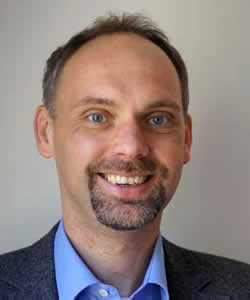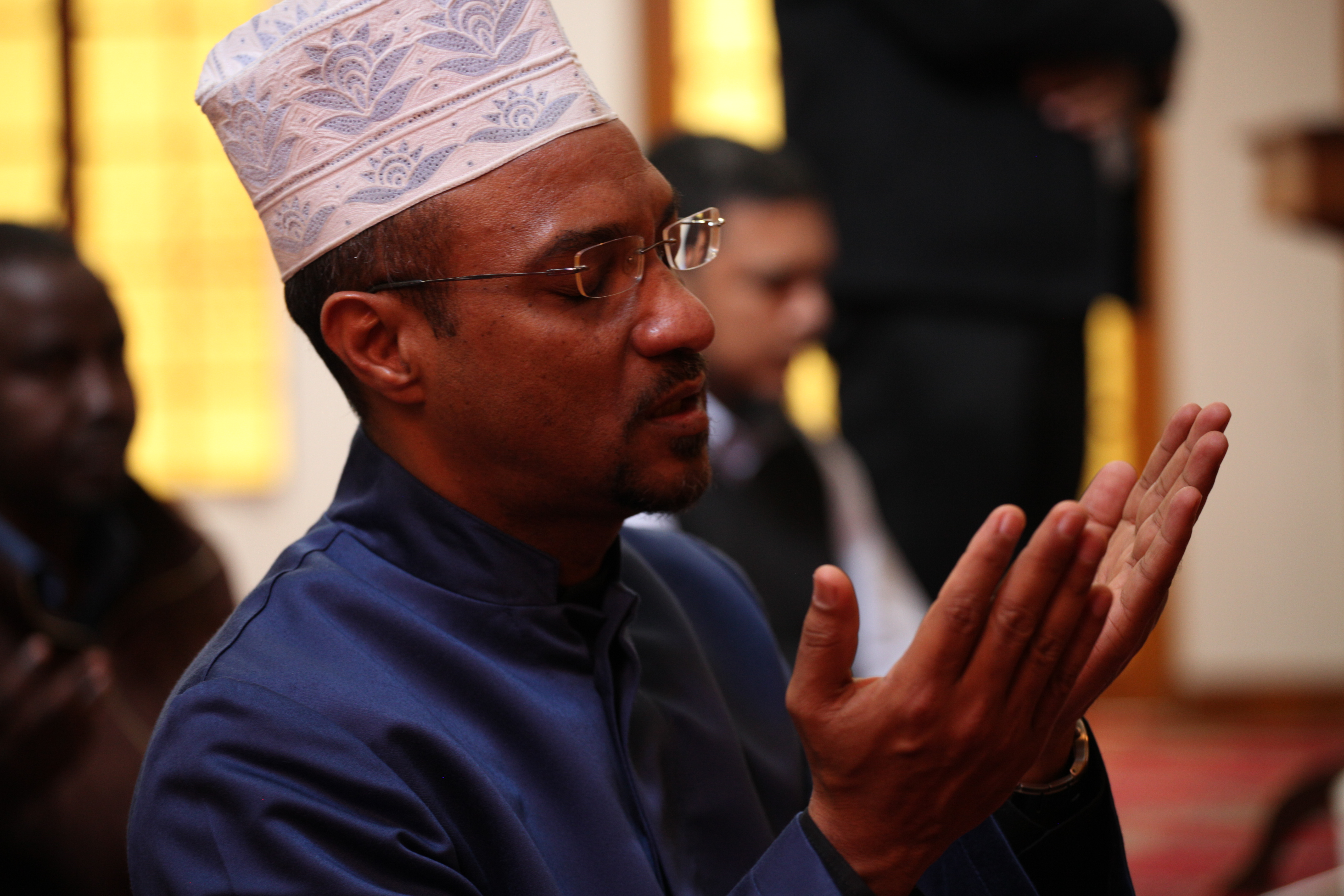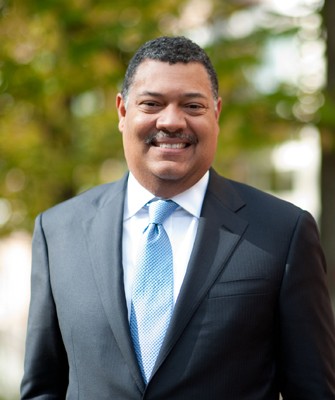One often gets the impression that the history of Interreligious Dialogue (with the capital “I” and “D” standing for a specific social setting rather than a theoretical concept) is told in the form of hagiography, starting with “mystical figures” such as Akbar the Great or the Emirs of Granada, going on to the 1893 World’s Parliament of Religion in Chicago as its founding “Council of Jerusalem” and leading up to “present-day saints” such as Hans Küng, the Dalai Lama, and Mother Maya.
Like all hagiographies, this kind of history is highly selective and written with a particular audience in mind. There is, however, an important history of interreligious encounters that is generally excluded from the hagiography—a history that does not focus exclusively on shining examples and peaceful saints, a history that includes failure and dissent as well as understanding and comprehension, a history that has to be rediscovered in order to grasp the structures, potentials and losses of Interreligious Dialogue more completely.
Another Episode in the History of Interreligious Dialogue
A few weeks ago, digging into the Archive-materials for my research project on religious NGOs inside the context of the United Nations, I stumbled over one episode of this “other” history.
This episode deserves the special attention of the Contending Modernities project because it brings together all its main subjects: Catholicism, because this episode was centered around the Catholic student organization Pax Romana; Islam, because Muslim scholars played an integral part in the episode; and, last but not least, the Secular, inasmuch as the history is closely linked to the context of the United Nations Educational, Scientific and Cultural Organization (UNESCO).
The episode took place in Manila in the year 1960. From January 2nd to 9th in that year, Pax Romana organized a conference in Manila under the theme of “The Present Impact of the Great Religions of the World upon the Lives of the People in the Orient and Occident.”
Pax Romana, or the International Catholic Movement for Intellectual and Cultural Affairs (ICMICA), invited several distinguished scholars of diverse religious and national backgrounds to comment on the theme of the conference. These scholars included Olivier Lacombe, Professor of Sanskrit and Indology from the Sorbonne; S. B. Das Gupta, Head of the Department of Modern Languages, Calcutta; Simon Greenberg, among other things founding President of American Jewish University; Hendrik Kraemer, at the time with the Ecumenical Institute of the World Council of Churches in Bossey, Switzerland; Raimon Pannikar, who later became professor for religious studies at the University of California-Santa Barbara; Mahmud Husain, Head of the Department of International Relations at the University of Karachi as well as Pakistan’s Minister of Education; and Osman Yahia, editor of the works of the Muslim mystic Ibn ‘Arabi.
Catholic Students…Inspired by Luther
The beginnings of the story of Manila 1960 actually date back to 1958. They were recounted by Ramon Sugranyes de Franch, who served as the first Secretary General of the ICMICA, from 1947 to 1961, and who, as it happens, died just a few weeks ago in February 2011. In the telling of Sugranyes de Franch:
Dans ce domaine [des Nations Unies], la page la plus intéressante s’est ouvert le jour où le Directeur général de l’UNESCO, Luther Evans, ‘in spite of my nage’—comme il l’a dit plaisamment—, est venu à un congres catholique (celui de Vienne) pour nous demander d’aider l’UNESCO à réaliser une partie primordiale de son projet majeur Orient-Occident (Ramon Sugranyes de Franch, Pax Romana: Son histoire, in: Urs Altermatt and Ramon Sugranyes de Franch, Pax Romana 1921-1981, – Gründung und Entwicklung -, Fribourg 1981, p. 31-48, here: 43).
So, in 1958 the parting Secretary-General of UNESCO with the name of Luther Evans was succeeded by Vittorino Veronese, a former Vice-President of Pax Romana as UNESCO Secretary-General. As he departed, he asked an international Catholic lay movement to organize an inter-religious encounter to take place in the wider context of an effort to foster reconciliation in the midst of the Cold War. This constellation was surprising indeed.
A Three-Fold Surprise
First, this proposal was formulated in a period when most UN institutions, including UNESCO, were reluctant to deal with questions of religion—so reluctant that Luther Evans needed to engage Pax Romana as a partner in order to “outsource” the conference on religion he dreamed of organizing. From this point of view, Manila represents a general shift in the orientation of international organizations— a shift towards the recognition of religious topics that began in the periphery of the United Nations system and preceded later developments by many years.
Second, the Manila meeting occurred four years before the establishment of the Vatican’s Secretariat for Non-Christians, which was renamed the Pontifical Council for Interreligious Dialogue in 1988 into the Secretariat for Non-Christians). In other words, in the late 1950s and early 1960s, a Roman Catholic organization was not an obvious candidate for hosting an inter-religious encounter. Pax Romana was a logical choice only because of its unique status and remarkable links with the United Nations system.
Third, beyond the boundaries of the Holy See, Catholic organizations—such as those that were members of the “Conference of International Catholic Organizations—were among the first non-state organizations to be active in the institutions of the United Nations. Among these Catholic NGOs, Pax Romana was one of the best known and most active. This helps explain why American scholar Luther Evans chose Pax Romana as the critical institutional partner for launching his interreligious project.
But it was more than the mere occurrence of Manila 1960 that was significant. What was said and done at Manila was also important. So… What did happen?
To answer this question, one needs to return to the distinction with which I began: the distinction between the official story and the unofficial story. Specifically, one must distinguish between the official story of Manila 1960, told in the published proceedings of the conference, and the unofficial story, buried in the archives of the Pax Romana in Fribourg, Switzerland. That unofficial story will be the subject of a future post.







